2022 turned out to be a difficult year - while the world was trying to recover from the pandemic, a war broke out in Ukraine, which continues to this day, and Russia, which unleashed it, turned into a rogue state in the international arena in political and economic terms. The year has also become turbulent for the region, with protests in Iran not abating since autumn.
Report has summed up the year, presenting to the attention of readers an overview of the most memorable events that took place in the world in the outgoing year.
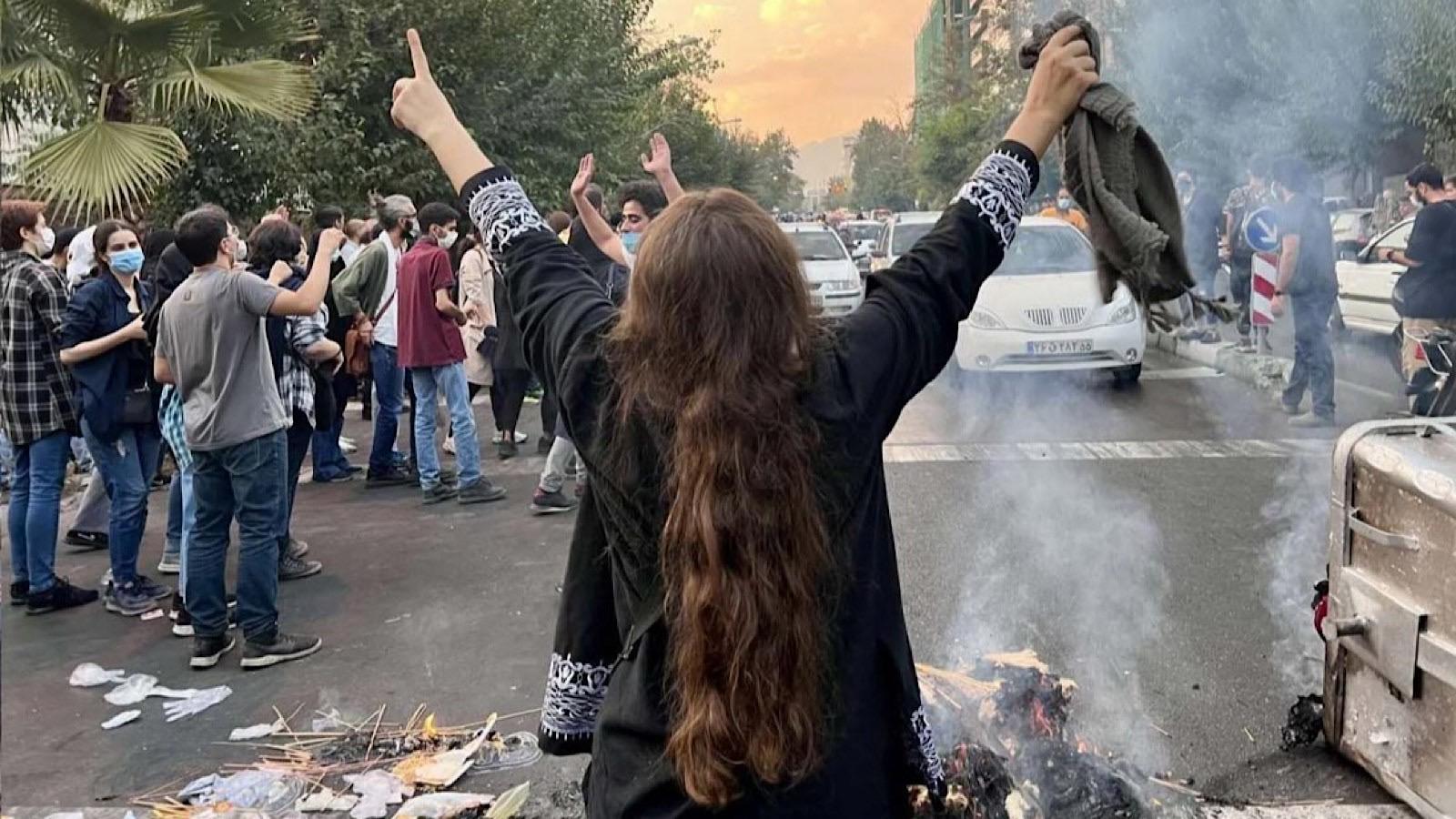
The morality police without any ‘mores’
The protests in Iran that swept the country this autumn made the global headlines. The actions of the Iranian authorities, already frequently criticized for violating human rights and an authoritarian regime, the detention of 22-year-old Mahsa Amini by morality police responsible for observance by Iranian citizens and foreigners of the proper Sharia dress code in public places, was the last straw. Amini was arrested by Iranian government police in September for the 'improper' wearing of hijab. The police confirmed the detention of the woman. Later the law enforcement bodies of the Islamic Republic reported that Amini had a sudden heart attack, after which she died after two days of being in a coma. However, Amini’s relatives say that she never had heart problems. Eyewitnesses, including women who were detained along with Amini, say that before her death she was brutally beaten and received severe head injuries. The announcement made the wave of protests in this country even more widespread, and the number of detainees and killed began to grow rapidly.
The protesters began to speak out about the difficult economic situation in the country, with the inflation in the country at above 35%. They also supported demonstrations in schools with teenagers also calling for the abolition of religious clothing as mandatory.
On December 4, the Iranian authorities decided to abolish the morality police. It was also reported that the legal authorities in Iran are considering changing the rules for women regarding the mandatory wearing of the hijab, but the protests in Iran continue to this day, and even arrests and executions could not frighten the protesters.
According to the Center for Human Rights in Iran, arrests of citizens and activists in the country increased 13 times in 2022, and cases of execution of death sentences increased by 88% compared to last year.
It is worth recalling that the protests began to gain momentum from the cities located in South Azerbaijan. Analysts at the Institute for the Study of War (ISW) noted that mass protests and confrontations with law enforcement agencies are also observed in the cities of Tabriz, Khoy and Ardabil.

February that changed the world
On February 24, the world was shocked by reports that Russia launched a large-scale war against Ukraine. Russian troops launched an offensive in four main directions - from the north towards Kyiv, from the northeast towards Kharkiv, from the southeast from Donbas and from the south from Crimea. The events were preceded by a concentration of Russian troops near the Russian-Ukrainian border. At the peak of its advance - in March - Russia occupied about 27% of the territory of Ukraine (together with the Donbas and Crimea), but by December this figure had dropped to 18%. On September 21, after Russia's defeat in the Kharkiv region, Russian President Vladimir Putin announced partial mobilization, the move that intensified the exodus of people of military age from Russia. Putin explained the decision by the need to defend 'the motherland, its sovereignty and territorial integrity.’ Up to 300,000 Russians were to be enlisted. On October 28, Defense Minister Sergey Shoigu reported the completion of the mobilization task. At a meeting of the Council for the Development of Civil Society and Human Rights on December 7, Putin said there was no need for additional mobilization.
At least 6,826 civilians have been killed and at least 10,769 civilians have been injured since the beginning of the invasion, according to the United Nations as of December 18, with real casualties expected to be much higher. The invasion caused a major migration crisis: according to the UN, 7.86 million refugees left Ukraine (as of December 20, 2022), and about 8 million more people became internally displaced persons. A number of journalists called the invasion the largest military conflict in Europe since the end of World War II.
The international community represented by the US, the EU and a number of other countries and organizations supported Ukraine, uniting against Russia. Resolution of the UN General Assembly ES-11/1 condemned Russia's actions, recognizing it as an aggressor state, and called for the withdrawal of its troops from the territory of Ukraine. A number of states have begun to provide military assistance to Ukraine, including the EU countries, the US and others. The International Criminal Court in The Hague launched an investigation into possible Russian war crimes in Ukraine.

“Farewell, unwashed Russia!”
Russia, which started the war, found itself under pressure from unprecedented sanctions. As a sign of protest, world-famous brands left the country, now making it impossible to find American soda on the store shelves, and a unique Russian analogue has been selected for all famous American fast food franchises. In addition, the sanctions include large-scale restrictions on the Russian financial system (including the Central Bank and major banks), the activities of a number of Russian companies and certain sectors of the economy, as well as the closure of airspace and harbors, personal sanctions against the Russian leadership, major entrepreneurs, and, in some cases, their family members.
The Parliamentary Assembly of the Council of Europe, the NATO Parliamentary Assembly, the European Parliament, Latvia, Lithuania, the Netherlands, Poland, Ukraine, the Czech Republic and Estonia have recognized Russia as a terrorist state. Latvia and Lithuania lowered the level of diplomatic relations with Russia - both states expelled Russian ambassadors and withdrew theirs from Russia. New Zealand suspended diplomatic contacts with Moscow at the highest level.
The sanctions have affected not only Russian diplomacy, but also other areas: since March, the European Union had disconnected seven Russian banks from SWIFT. It also banned the sale, supply, transfer and export of euro banknotes to Russia. The ban applies to individuals or legal entities, organizations and structures in Russia, including the government and the Central Bank. On March 8, US President Joe Biden announced a ban on the supply of oil, gas and coal from Russia. The US also banned its citizens from making new investments in the Russian energy sector and from financing foreign companies making such investments. On April 9, the US enacted a bill to ban the import of energy resources from Russia, including oil, coal and natural gas. April also saw the announcement of an embargo on Russian coal at the European Union level. Even neutral Switzerland included 197 individuals and 9 legal entities on the sanctions lists, bringing them into line with the EU sanctions lists.
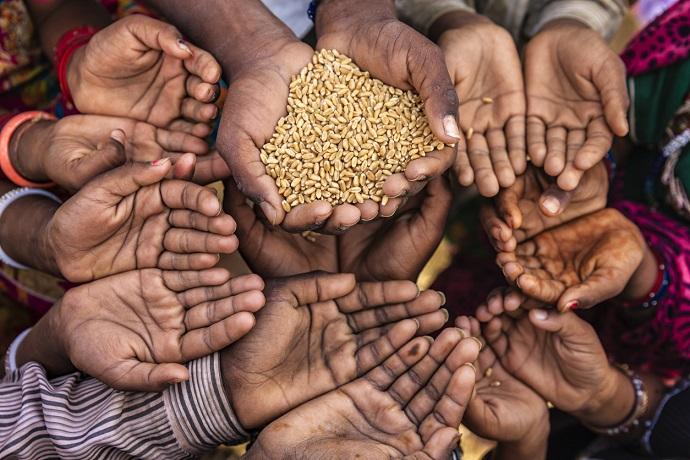
Food crisis
The war and its aftermath led to a record rise in food prices due to the disruption of trade flows from Ukraine and Russia. Together, these countries produced one-eighth of all food consumed in the world, with Ukraine ranked second in the world in the export of wheat (10%) and first in the supply of corn (15%). Ukraine and Russia also accounted for more than half of the world's supply of sunflower oil. Sea routes, through which Ukraine supplied about 90% of agricultural cargo, were disrupted. Part of the grain supplies were redirected along the Danube to the Romanian ports of Constanta and Sulina, but they were not adapted to handle such a volume of grain cargo. Due to the blockade, foreign ships carrying grain could not leave the ports of Ukraine. About 20 million tons of grain remain in storages in the port of Odesa alone.
The world faced a food crisis. Formal and informal discussions of the resumption of food supplies from Ukraine began in March at the initiative of the leaders of Turkiye, Egypt, Iran, Saudi Arabia and Israel and other Middle Eastern and North African countries. Negotiations between Russia and Ukraine mediated by the UN and Turkiye, without direct meetings, intensified in May 2022 and led to the signing of two agreements forming a single grain deal - between Ukraine, the UN and Turkiye and between Russia, the UN and Turkiye. The grain deal was the first agreement between Russia and Ukraine since the beginning of the invasion and was lauded by the world community and global markets. The Joint Coordination Center (JCC) began its work to control the implementation of the deal. It included five representatives of each party to the grain deal.
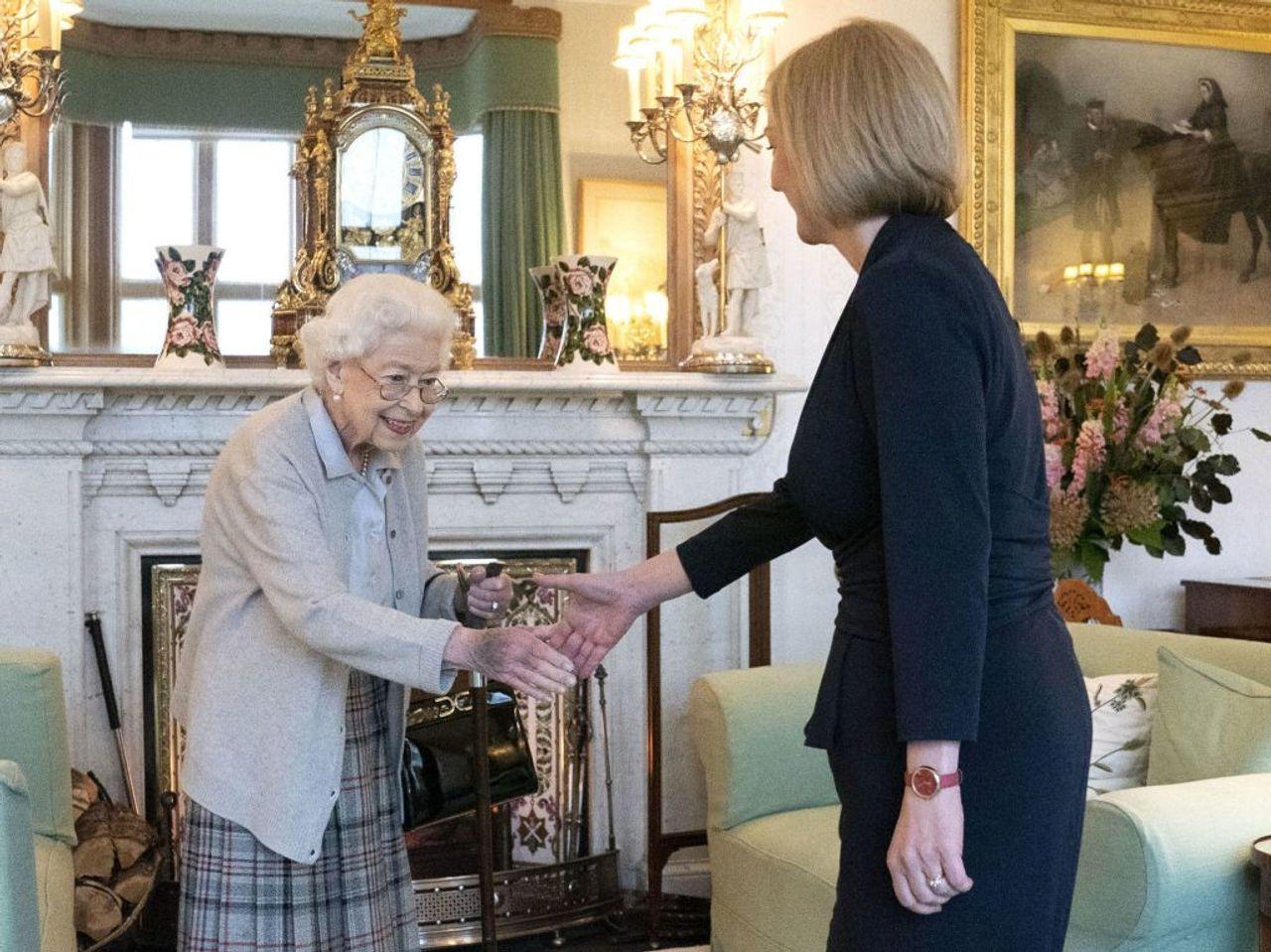
Circulation of prime ministers in UK
The political crisis in the UK, even under Boris Johnson, developed for several months and reached its climax, with scandals following one after another. Even the earlier secret ballot of members of the Conservative faction on a vote of no confidence in Boris Johnson, which ended in favor of the prime minister, did not help him. Ministers announced their resignations one after another, accusing the prime minister of pathological lies and the desire to stay in power at any cost.
The biggest was the scandal with parties at the Johnson residence during a hard lockdown and accusations that the prime minister had repeatedly told lies in parliament. After the emergence of new evidence of his cunning, he referred to a bad memory or honest delusion. Johnson soon decided to leave, and former Treasury Secretary Rishi Sunak and Foreign Secretary Liz Truss began to fight for his seat.
The second candidate turned out to be more convincing - Truss promised to revise the inheritance tax, cancel the planned increase in corporate tax by 6%, and also abandon the National Insurance fees that were introduced under Boris Johnson. She became the new prime minister of Great Britain for only 45 days, breaking the record as the shortest-serving prime minister in the history of UK. Truss admitted that she failed to deliver on promises she made during the Conservative leadership campaign and as a result lost the confidence of party allies. That made clear to everyone that Truss's main rival, Rishi Sunak, would become the new Prime Minister of Britain. And so it happened.
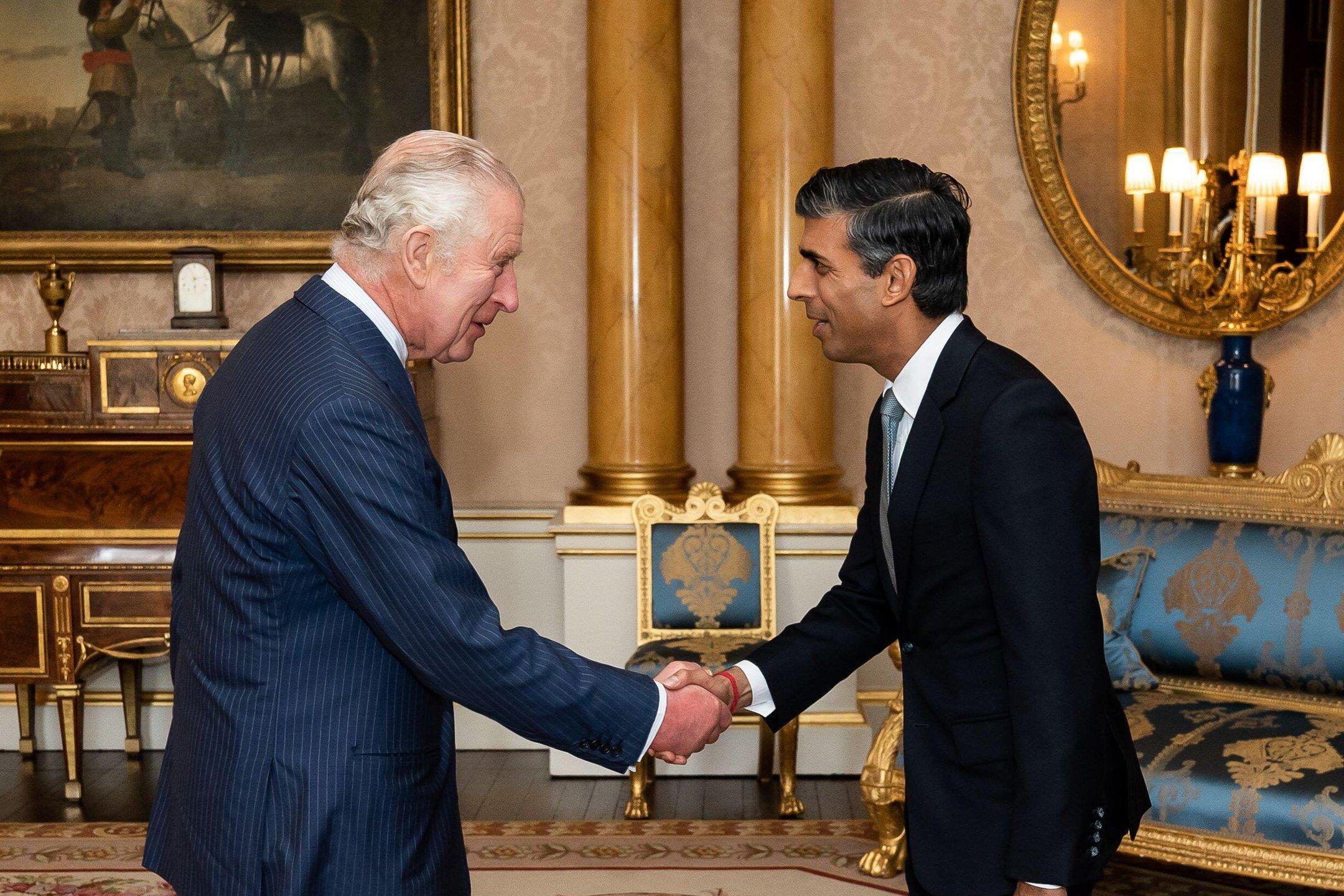
The struggle for the prime minister's seat took place against the backdrop of a sad event for the UK. Queen Elizabeth II died on September 8, 2022, and her son Charles III succeeded her. Elizabeth II firmly ruled Britain for 70 years, leading the country through all the changes and gaining respect and admiration around the world. She has seen the change of 15 prime ministers, from Winston Churchill, born in 1874, and including Liz Truss, who is 101 years younger than Sir Winston.
In 2022, the world also lost former Japanese Prime Minister Shinzo Abe, who was attacked during a street speech during an election campaign in the city of Nara. As a result of the attack, the politician was wounded in the chest and died in the hospital. The attacker, 41-year-old local resident Tetsuya Yamagami, who previously served in the country's maritime self-defense forces, was arrested at the scene.
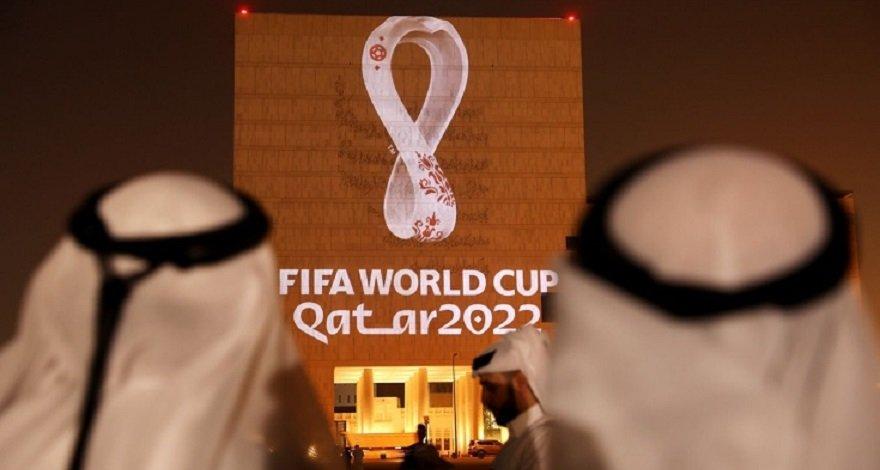
FIFA World Cup full of 'surprises'
The World Cup in Qatar that ended recently will definitely remain in the memory of many viewers as a series of bright events. Moroccans made history at this World Cup as the first African team to reach the semi-finals. In the quarterfinals, the Portuguese national team suffered a sensational defeat from the Moroccans with a score of 0:1. World football star Cristiano Ronaldo, also the captain of the Portuguese team, could not help his emotions, bursting into tears, which caused regret among a million of his fans.
The process of organizing the tournament deserves special mention. It took Qatar a long 12 years and even more money - $220 billion - to prepare for the World Cup.
Culminating in Argentina's victory, the World Cup was immediately followed by a corruption scandal, involving the vice-president of the European Parliament, Eva Kaili. Kaili and other accomplices are suspected of taking bribes in exchange for creating a positive image of Qatar in general and spreading positive information about the situation of labor migrants in this country. The Belgian police conducted searches at 16 addresses associated with the defendants in the case. They seized 600 thousand euros in cash in Kaili's house. The Qatari government denied involvement in the case.
The year has been so full of events that it is difficult to imagine what other events await us in the new year 2023.


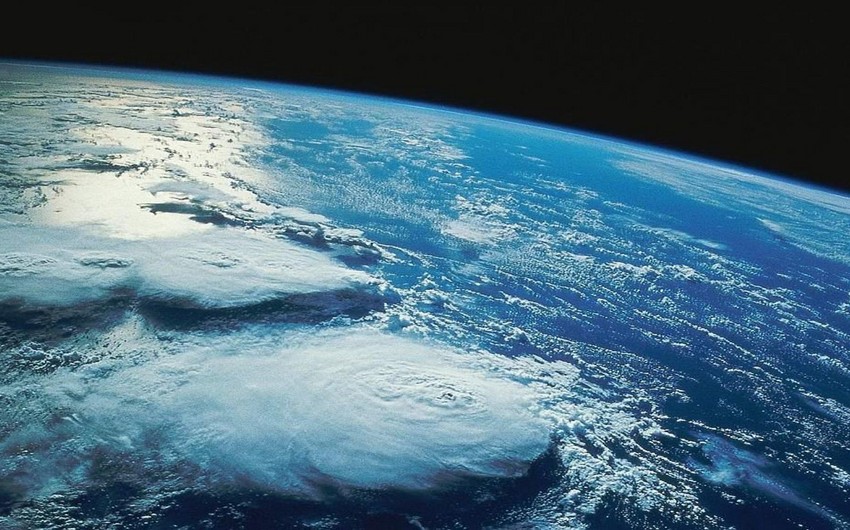 https://static.report.az/photo/e97d19d5-b053-47e3-af0c-7c9462167767.jpg
https://static.report.az/photo/e97d19d5-b053-47e3-af0c-7c9462167767.jpg

